Search Results
Search
Filter results
Advanced Filters
Your search returned 314 Solutions
-
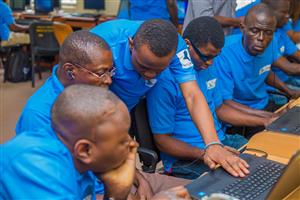
Providing vocational skills and career development to young adults with disabilities
The training focuses on IT entrepreneurship and career development to enable employment or self-employment. Graduates are supported in their search for an internship or a job or receive a small grant to start a company. Between 2017 and 2020, 1,300 people and 570 special needs teachers were trained.
Special Needs Initiative For Growth, TVET for Special Needs Young Adults in Low-Middle Income Countries, Nigeria -
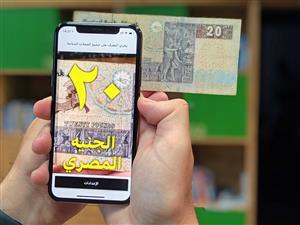
Mobile app that identifies banknotes from more than 100 currencies
Cash Reader, developed by the start-up company Hayaku from the Czech Republic, is an app for smartphones that identifies banknote values for almost every currency globally. Users point their smartphone’s camera at the banknote and the app informs them of the value, either using speech or vibration patterns.
Hayaku s.r.o., Cash Reader, Czech Republic -
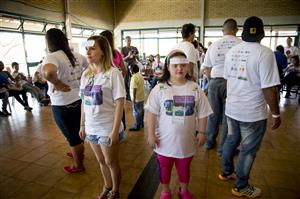
Training Young Leaders in Accessibility and Inclusion
Through its Accessibility Promotion Agents programme Escola de Gente trains young people with and without disabilities living in favelas as mediators for the rights of people with disabilities. The certified training provides skills that also increase their chances of finding employment. Between 2011 and 2017, 252 young people were trained.
Escola de Gente - Communication in inclusion, Accessibility Promotion Agents, Brazil -
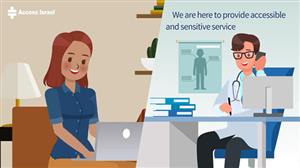
Quick rollout of guidelines on how to treat patients with disabilities in pandemic times
Accessible Emergency Services was launched by Access Israel, a leading NGO, to provide health care providers with guidelines and videos for interacting – both remotely and in person – with COVID-19 patients with disabilities. The programme has already expanded to other emergency services and vital services organizations.
Access Israel, Accessible Emergency Services, Israel -
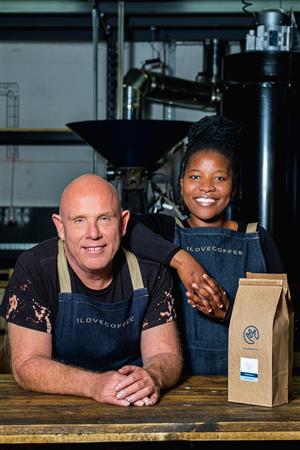
Expanding a chain of coffee shops run by Deaf young people
I Love Coffee operates a chain of coffee shops and coffee roasters and is staffed by deaf youngsters. Employees receive training and support. I Love Coffee currently has ten locations in Cape Town and Johannesburg and employs 26 people, 80 per cent of whom are deaf, and has trained a total of 100 people.
I Love Coffee, I Love Coffee, South Africa -
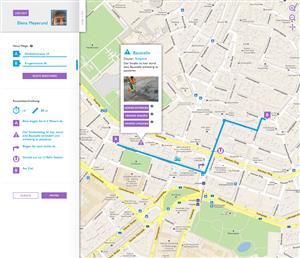
The online route-planning tool wege-finden.at allows wheelchair users to plan their way through the city. Both official data and community-generated information are combined to suggest a real-time route to the user.
Due to poorly available data, there was no satisfactory system for barrier-free routing in Europe until 2012. wege-finden.at therefore was developed by involving a group of the future end users and by cooperating with strategic partners. The target group are persons with mobility impairments, especially wheelchair users
BIS Barriere Informations System, Web-based route planner, Austria -
Holistic support system from early childhood to vocational training
"Learn for life" provides a range of support mechanisms for children with disabilities at all stages of schooling, from early childhood intervention to vocational training. Local disabled person’s organizations assume leadership of the programme and continue the work after its support is phased out.
DRRA - Disabled Rehabilitation and Research Association, Learn for Life, Bangladesh -
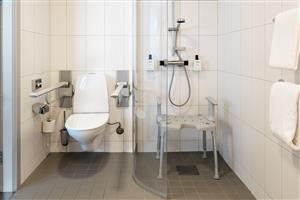
Comprehensive hotel accessibility strategy
The strategy includes training courses for all hotel staff, a dedicated Accessibility Director, and a 135-point checklist of accessibility features. This "Accessibility Standard" was drawn up by following the route taken by guests from the car park and through the hotel, and with input from guests, disability organizations, and hotel staff.
Scandic Hotels, Sweden -
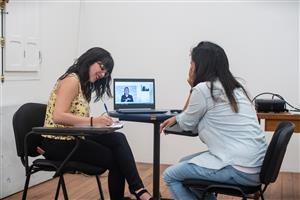
Municipality Council running a four-step job integration model
Users undergo an assessment before being trained in obtaining a job. Support then continues during the start of the job, making reasonable adjustments, and continues with a follow-up evaluation and contact throughout the work experience. Since its launch in 2013, 356 people with disabilities have participated and 118 have found employment.
Municipality of Providencia, Providencia Labour Inclusion Programme, Chile -
Literacy app to stimulate reading development for children with Down Syndrome
La Mesita was developed at the Catholic University of Chile. It is a free app that supports the reading development of children, especially those with Down Syndrome. Users can select a specific environment, such as a fair or an amusement park. La Mesita adapts to the user´s characteristics, and allows for an endless number of activities.
Catholic University of Chile, Centre for the Development of Inclusive Technologies, La Mesita, Chile